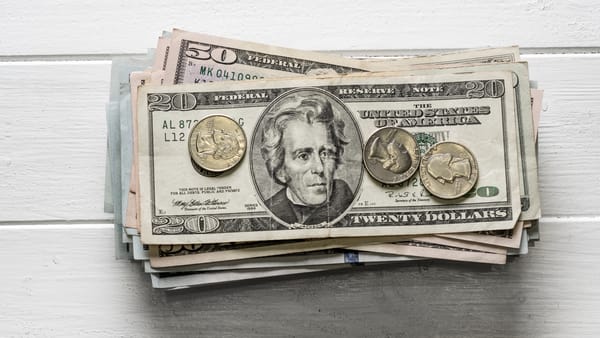Klarna cashes in now – but can consumers keep paying later?
After a successful IPO in September, the challenge is far from over for the Swedish buy now, pay later firm.
Klarna launched its IPO on the New York Stock Exchange on September 10th at $52 a share, above its initial pricing of $40. The company went public months after delaying its initial April plans due to tariff uncertainty.
Originally known as “Kreditor”, the company was founded in 2005 by three students at the Stockholm School of Economics: Sebastian Siemiatkowski, Niklas Adalberth, and Victor Jacobsson. Swedish shoppers were interested in the flexibility of trying items before committing to them, but merchants feared not receiving payment. Whilst working at a debt collection agency, Sebastian and his co-founders noticed this gap and created a business in which they would pay merchants upfront and let customers receive products first and pay for them later.
Klarna is now one of the leaders of buy now, pay later (BNPL) solutions, simplifying online shopping for both consumers and merchants. Purchases are split into interest-free instalments, allowing consumers to buy products that previously felt out of reach. This model has proven to be extremely popular, as today the company has 111 million active users worldwide, with 11 million of those being in the UK.
Klarna generates revenue through a variety of methods. Businesses pay the company a merchant fee, usually a percentage of the sale, as it can obtain more clients and guarantee payments. On the consumer side, Klarna earns revenue from the late fees and interest on the long-term financing options it provides. As of 2017, the company obtained a banking license in Sweden, allowing it to also offer more complex financial products such as savings accounts and debit cards, amongst others. Its credit card boasts 7.5 million users.
Nonetheless, the company’s success so far will not come without challenges moving forward. Although apps such as Klarna seem to make spending effortless, studies have shown that users of BNPL services end up overspending compared to traditional payment methods.
Unlike other credit services, BNPL schemes such as Klarna do not require extensive credit checks, meaning that consumers with poor credit histories or little financial know-how can accumulate debt without having the means to pay it back. This may lead to a devious spiral of having to pay late interest fees, opening more accounts to pay these fees, and maintaining unsustainable levels of consumption.
These gray areas have not gone unnoticed. The UK’s Financial Conduct Authority has proposed bringing BNPL under the same regulatory framework as other credit products. This would entail greater consumer protection, and affordability checks similar to those for other credit products.
For the Swedish company, tighter regulations could heavily impact its business. Credit checks could reduce the number of users. Limits on late fees, one of its main sources of revenue, could squeeze profitability.
Furthermore, the BNPL space is not without competitors. Firms like Affirm, Afterpay, PayPal and Apple all offer similar solutions to clients. If it wishes to maintain its competitive edge, Klarna will have to reduce its merchant fees in an ever more crowded space.
There is also the added risk of how sensitive the business model is to economic downturns. During times of recession, default rates increase as consumers lose their jobs and have their incomes reduced. Having less disposable income, they are also much less likely to indulge in needless purchases. Klarna’s profitability could be severely impacted if the economic outlook were to worsen.
To sustain its growth, Klarna will have to navigate these numerous challenges carefully. Having positioned itself as a financial services provider, as well as opening its own storefront and possibly becoming another advertising platform, the company could help insulate itself from regulatory crackdowns and stay afloat. Although Klarna’s growth was founded on the premise of disruptive finance, it may eventually have to adapt and become just another financial corporation.









